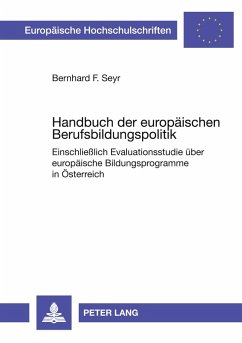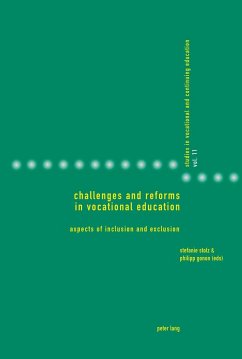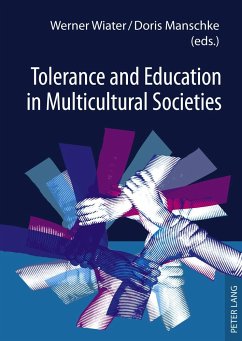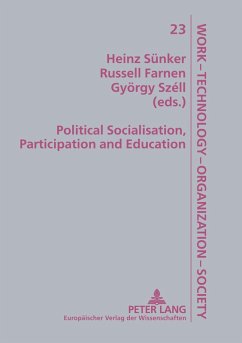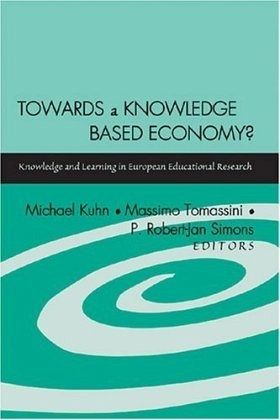
Towards a Knowledge Based Economy?
Knowledge and Learning in European Educational Research
Herausgegeben: Simons, P. Robert-Jan; Tomassini, Massimo; Kuhn, Michael
Versandkostenfrei!
Versandfertig in 6-10 Tagen
44,95 €
inkl. MwSt.

PAYBACK Punkte
0 °P sammeln!
Although educational research advocates the perspective of the learner, who or what is it advocating against? The governments of all European Union countries give learning the most prominent place on their policy agendas; the European Commission wants Europe to become a knowledge based society; companies across the European Union are no longer interested primarily in profit, but want to be learning organisations; social scientists detect the emergence of a learning society and economists advocate a learning economy. What does European educational research do, if nowadays everybody in the Europ...
Although educational research advocates the perspective of the learner, who or what is it advocating against? The governments of all European Union countries give learning the most prominent place on their policy agendas; the European Commission wants Europe to become a knowledge based society; companies across the European Union are no longer interested primarily in profit, but want to be learning organisations; social scientists detect the emergence of a learning society and economists advocate a learning economy. What does European educational research do, if nowadays everybody in the European Union wants nothing else but knowledgeable people?






